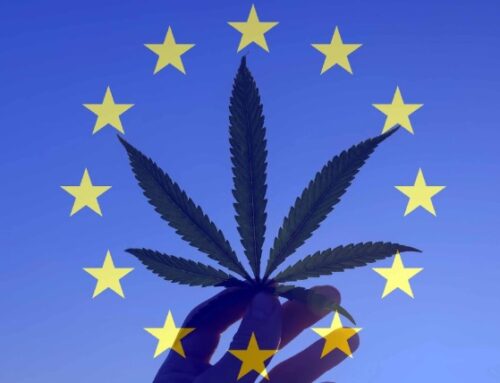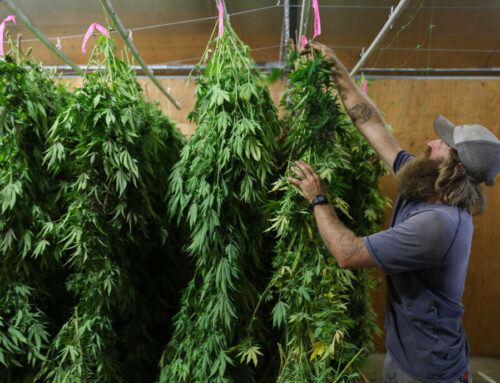Luxembourg Becomes Second EU Country to Legalize Personal Cannabis Use and Cultivation
LOS ANGELES– Luxembourg, a European Union member nation, has taken a significant step in cannabis reform by legalizing the possession and cultivation of cannabis for personal use. According to a report by Forbes, Luxembourg became the second EU country, following Malta, to embrace such measures. The law allows adults to possess up to three grams of cannabis, while public use and possession remain illegal and can result in fines ranging from $27 to $500.
The recent legislation, approved by a vote of 38-22, also permits Luxembourg citizens to grow up to four cannabis plants. Although cannabis cultivation for adults was initially legalized in October 2021, the lack of codified rules and agreed-upon personal possession limits had delayed the implementation of the reforms. Before taking effect, the law must still be published in the Official Gazette.
It is worth noting that Luxembourg took steps toward cannabis decriminalization in 2001 and subsequently legalized medical cannabis in 2018. With the recent law, the nation has further expanded its cannabis policy, catering to personal use and cultivation. However, Luxembourg has yet to establish channels for legal sales or social use, unlike Malta, which has already introduced a legal framework for cannabis social clubs but has not issued any licenses thus far.
MP Josée Lorsché, a member of the Judiciary Committee representing the Green Party, indicated that the future of cannabis reform in Luxembourg would involve the creation of regulated systems for cannabis production and sales, overseen by the government. This suggests that the nation is moving towards a comprehensive framework that encompasses various aspects of the cannabis industry.
The legalization of personal cannabis use and cultivation in Luxembourg reflects a broader trend of shifting attitudes and evolving regulatory frameworks surrounding cannabis across the globe. As the cannabis industry continues to gain momentum, countries are reevaluating their approaches to cannabis policy, considering both the social and economic implications. Luxembourg’s move represents an opportunity for the nation to tap into the potential benefits of a regulated cannabis market, while ensuring the responsible use and distribution of cannabis products.
While the law’s publication in the Official Gazette is still pending, the cannabis reforms in Luxembourg signal a significant milestone in the nation’s cannabis policy. As more countries explore various approaches to cannabis legalization, the experiences and outcomes of nations like Luxembourg will contribute to the ongoing global dialogue on cannabis regulation, influencing future decisions and potential reforms in other jurisdictions.
As the cannabis landscape continues to evolve, it remains to be seen how Luxembourg’s regulated systems for cannabis production and sales will take shape and impact the nation’s economy and society. The journey towards a comprehensive cannabis framework is undoubtedly a complex one, requiring careful consideration of multiple factors, including public health, social equity, and economic opportunities. Luxembourg’s recent developments serve as a noteworthy case study in the ongoing exploration of cannabis policy and its implications for business and finance on a global scale.



































